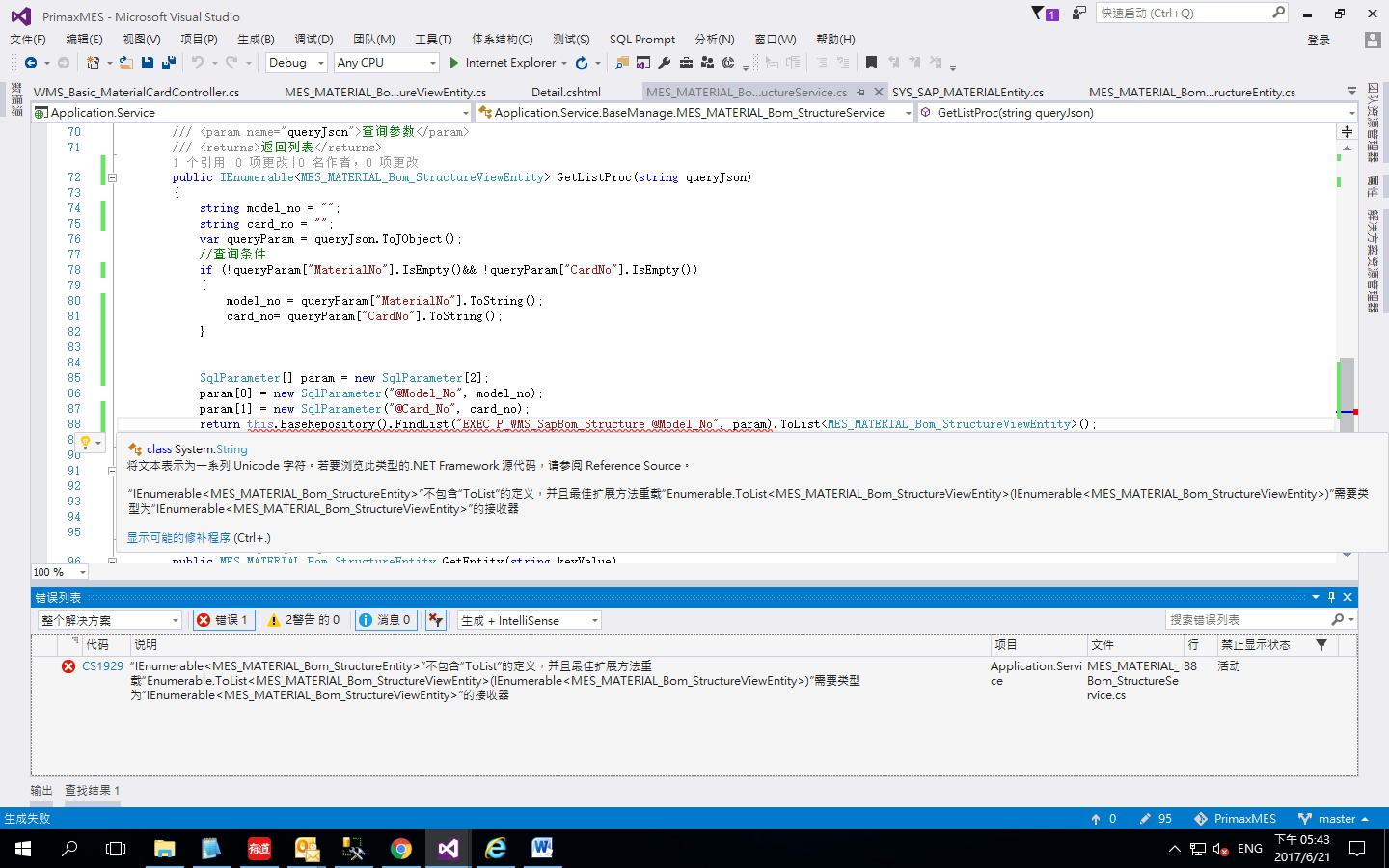可以将文章内容翻译成中文,广告屏蔽插件可能会导致该功能失效(如失效,请关闭广告屏蔽插件后再试):
问题:
I am trying to make a simple IRC client in Python (as kind of a project while I learn the language).
I have a loop that I use to receive and parse what the IRC server sends me, but if I use raw_input to input stuff, it stops the loop dead in its tracks until I input something (obviously).
How can I input something without the loop stopping?
Thanks in advance.
(I don\'t think I need to post the code, I just want to input something without the while 1 loop stopping.)
EDIT: I\'m on Windows.
回答1:
For Windows, console only, use the msvcrt module:
import msvcrt
num = 0
done = False
while not done:
print(num)
num += 1
if msvcrt.kbhit():
print \"you pressed\",msvcrt.getch(),\"so now i will quit\"
done = True
For Linux, this article describes the following solution, it requires the termios module:
import sys
import select
import tty
import termios
def isData():
return select.select([sys.stdin], [], [], 0) == ([sys.stdin], [], [])
old_settings = termios.tcgetattr(sys.stdin)
try:
tty.setcbreak(sys.stdin.fileno())
i = 0
while 1:
print(i)
i += 1
if isData():
c = sys.stdin.read(1)
if c == \'\\x1b\': # x1b is ESC
break
finally:
termios.tcsetattr(sys.stdin, termios.TCSADRAIN, old_settings)
For cross platform, or in case you want a GUI as well, you can use Pygame:
import pygame
from pygame.locals import *
def display(str):
text = font.render(str, True, (255, 255, 255), (159, 182, 205))
textRect = text.get_rect()
textRect.centerx = screen.get_rect().centerx
textRect.centery = screen.get_rect().centery
screen.blit(text, textRect)
pygame.display.update()
pygame.init()
screen = pygame.display.set_mode( (640,480) )
pygame.display.set_caption(\'Python numbers\')
screen.fill((159, 182, 205))
font = pygame.font.Font(None, 17)
num = 0
done = False
while not done:
display( str(num) )
num += 1
pygame.event.pump()
keys = pygame.key.get_pressed()
if keys[K_ESCAPE]:
done = True
回答2:
This is the most awesome solution1 I\'ve ever seen. Pasted here in case link goes down:
#!/usr/bin/env python
\'\'\'
A Python class implementing KBHIT, the standard keyboard-interrupt poller.
Works transparently on Windows and Posix (Linux, Mac OS X). Doesn\'t work
with IDLE.
This program is free software: you can redistribute it and/or modify
it under the terms of the GNU Lesser General Public License as
published by the Free Software Foundation, either version 3 of the
License, or (at your option) any later version.
This program is distributed in the hope that it will be useful,
but WITHOUT ANY WARRANTY; without even the implied warranty of
MERCHANTABILITY or FITNESS FOR A PARTICULAR PURPOSE. See the
GNU General Public License for more details.
\'\'\'
import os
# Windows
if os.name == \'nt\':
import msvcrt
# Posix (Linux, OS X)
else:
import sys
import termios
import atexit
from select import select
class KBHit:
def __init__(self):
\'\'\'Creates a KBHit object that you can call to do various keyboard things.
\'\'\'
if os.name == \'nt\':
pass
else:
# Save the terminal settings
self.fd = sys.stdin.fileno()
self.new_term = termios.tcgetattr(self.fd)
self.old_term = termios.tcgetattr(self.fd)
# New terminal setting unbuffered
self.new_term[3] = (self.new_term[3] & ~termios.ICANON & ~termios.ECHO)
termios.tcsetattr(self.fd, termios.TCSAFLUSH, self.new_term)
# Support normal-terminal reset at exit
atexit.register(self.set_normal_term)
def set_normal_term(self):
\'\'\' Resets to normal terminal. On Windows this is a no-op.
\'\'\'
if os.name == \'nt\':
pass
else:
termios.tcsetattr(self.fd, termios.TCSAFLUSH, self.old_term)
def getch(self):
\'\'\' Returns a keyboard character after kbhit() has been called.
Should not be called in the same program as getarrow().
\'\'\'
s = \'\'
if os.name == \'nt\':
return msvcrt.getch().decode(\'utf-8\')
else:
return sys.stdin.read(1)
def getarrow(self):
\'\'\' Returns an arrow-key code after kbhit() has been called. Codes are
0 : up
1 : right
2 : down
3 : left
Should not be called in the same program as getch().
\'\'\'
if os.name == \'nt\':
msvcrt.getch() # skip 0xE0
c = msvcrt.getch()
vals = [72, 77, 80, 75]
else:
c = sys.stdin.read(3)[2]
vals = [65, 67, 66, 68]
return vals.index(ord(c.decode(\'utf-8\')))
def kbhit(self):
\'\'\' Returns True if keyboard character was hit, False otherwise.
\'\'\'
if os.name == \'nt\':
return msvcrt.kbhit()
else:
dr,dw,de = select([sys.stdin], [], [], 0)
return dr != []
# Test
if __name__ == \"__main__\":
kb = KBHit()
print(\'Hit any key, or ESC to exit\')
while True:
if kb.kbhit():
c = kb.getch()
if ord(c) == 27: # ESC
break
print(c)
kb.set_normal_term()
1
Made by Simon D. Levy, part of a compilation of software he has written and released under the Gnu Lesser General Public License.
回答3:
Here a solution that runs under linux and windows using a seperate thread:
import sys
import threading
import time
import Queue
def add_input(input_queue):
while True:
input_queue.put(sys.stdin.read(1))
def foobar():
input_queue = Queue.Queue()
input_thread = threading.Thread(target=add_input, args=(input_queue,))
input_thread.daemon = True
input_thread.start()
last_update = time.time()
while True:
if time.time()-last_update>0.5:
sys.stdout.write(\".\")
last_update = time.time()
if not input_queue.empty():
print \"\\ninput:\", input_queue.get()
foobar()
回答4:
On Linux, here\'s a refactoring of mizipzor\'s code that makes this a little easier, in case you have to use this code in multiple places.
import sys
import select
import tty
import termios
class NonBlockingConsole(object):
def __enter__(self):
self.old_settings = termios.tcgetattr(sys.stdin)
tty.setcbreak(sys.stdin.fileno())
return self
def __exit__(self, type, value, traceback):
termios.tcsetattr(sys.stdin, termios.TCSADRAIN, self.old_settings)
def get_data(self):
if select.select([sys.stdin], [], [], 0) == ([sys.stdin], [], []):
return sys.stdin.read(1)
return False
Here\'s how to use this: This code will print a counter that keeps growing until you press ESC.
with NonBlockingConsole() as nbc:
i = 0
while 1:
print i
i += 1
if nbc.get_data() == \'\\x1b\': # x1b is ESC
break
回答5:
I think curses library can help.
import curses
import datetime
stdscr = curses.initscr()
curses.noecho()
stdscr.nodelay(1) # set getch() non-blocking
stdscr.addstr(0,0,\"Press \\\"p\\\" to show count, \\\"q\\\" to exit...\")
line = 1
try:
while 1:
c = stdscr.getch()
if c == ord(\'p\'):
stdscr.addstr(line,0,\"Some text here\")
line += 1
elif c == ord(\'q\'): break
\"\"\"
Do more things
\"\"\"
finally:
curses.endwin()
回答6:
With python3.3 and above you can use the asyncio module as mentioned in this answer.
You will have to re factor your code though to work with asyncio.
Prompt for user input using python asyncio.create_server instance
回答7:
I\'d do what Mickey Chan said, but I\'d use unicurses instead of normal curses.
Unicurses is universal (works on all or at least almost all operating systems)



